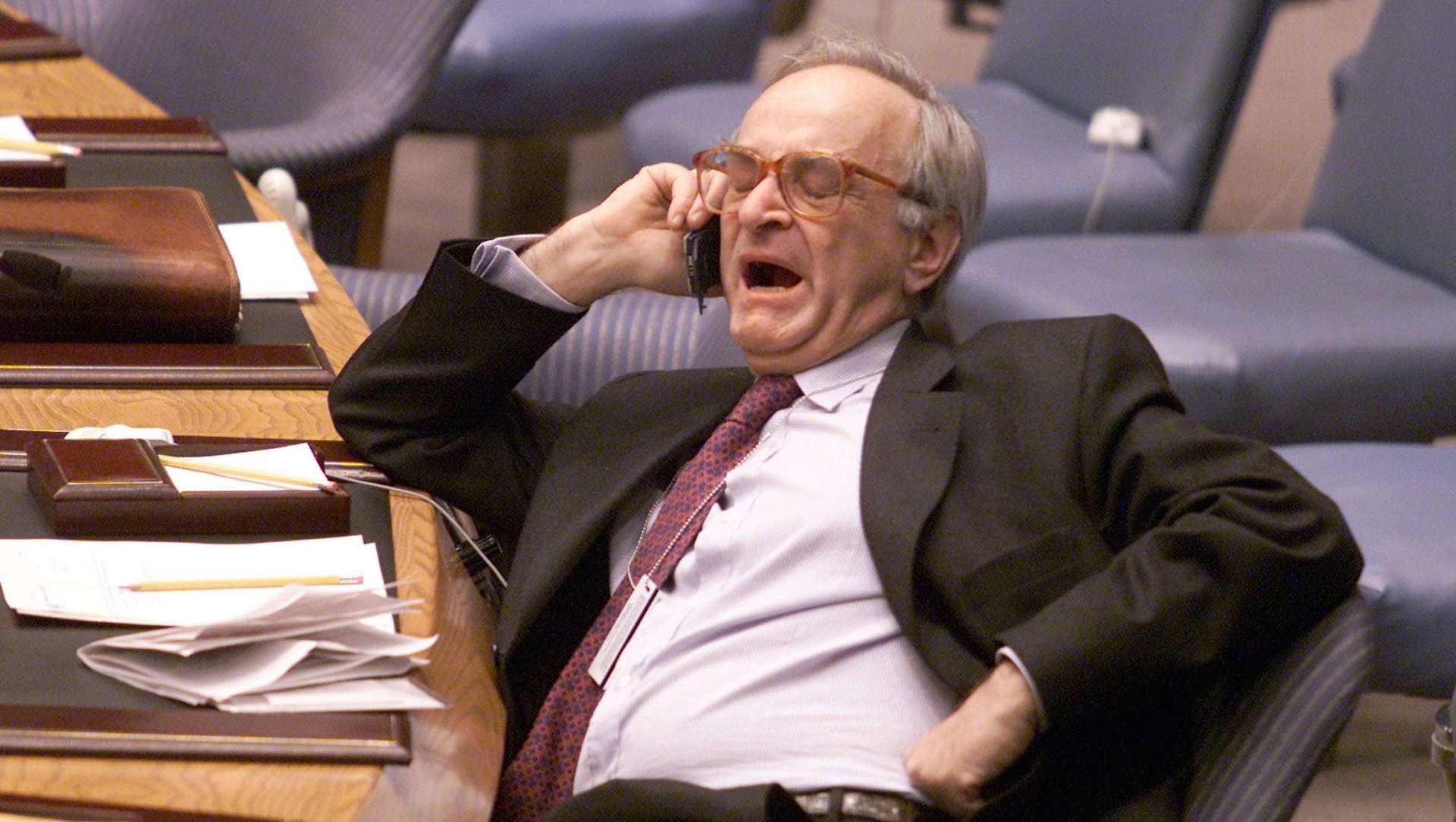A British telecom lets you take the morally dubious step of paying to jump the queue
“Where other nationalities mass frenziedly, the British queue,” according to the etiquette guide Debrett’s. ”Turn up at a railway station, or a supermarket, or a post office and you will see an orderly queue. For foreigners, the art of queuing must seem esoteric at best and maddening at worst.” Not anymore, at least when it comes to the long and painful wait to speak to a human being on a corporate helpline. The mobile phone carrier Everything Everywhere now lets people in the UK stuck listening to muzak pay a fee of 50 pence (80 cents) to skip the line.


“Where other nationalities mass frenziedly, the British queue,” according to the etiquette guide Debrett’s. ”Turn up at a railway station, or a supermarket, or a post office and you will see an orderly queue. For foreigners, the art of queuing must seem esoteric at best and maddening at worst.” Not anymore, at least when it comes to the long and painful wait to speak to a human being on a corporate helpline. The mobile phone carrier Everything Everywhere now lets people in the UK stuck listening to muzak pay a fee of 50 pence (80 cents) to skip the line.
EE is not the only company that allows queue-jumping. In fact, many American families are familiar with the loathed practice from theme parks—and it comes from an Englishman, Leonard Sim, whose family vacation to Disneyland was ruined by waiting in line. “He invented something called the Flash Pass, and then sold it to an English company called Lo-Q—as in ‘Low Queue’—which contracted it to Whitewater,” the Six Flags theme park in the US state of Georgia, the writer Tom Junod wrote in Esquire on the ethics of queue-jumping. After spending hundreds of dollars to get here and get in, for $30 more you can pay for a Flash Pass to cut the line.
“You used to pay for equal access; now you have to pay for access that’s more equal than the access afforded others. The commonality of experience is lost, and the lines are striated not simply by who can pay for a Flash Pass and who can’t; they’re also striated by race and class.” Junod notes that Flash Pass users are almost uniformly white, healthy, un-tattooed. “None of them, not even their kids, will so much as look at you.”
Will customers demand EE end the “two-tiering” of Britain? One man complained to the BBC: ”I thought it was a bad idea for a company to offer to provide what really ought to be a standard level of customer service for a fee.”